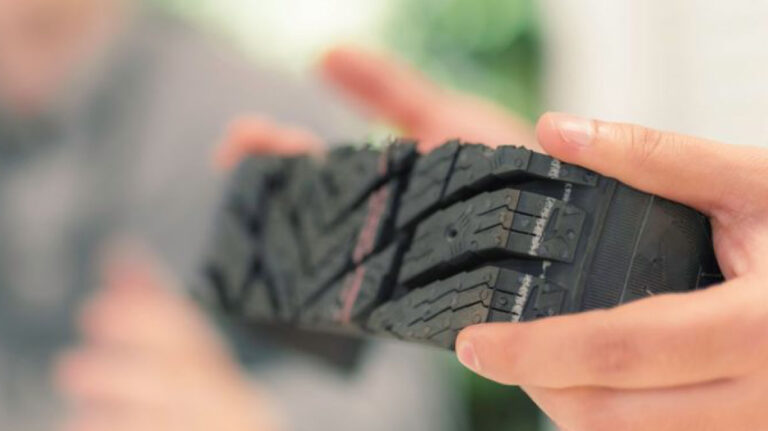Nokian Tyres has made a long-term purchase agreement with a tire recycling joint venture. The aim is to increase the share of recycled and renewable raw materials in tires to 50% by 2030.
The agreement is expected to increase the use of carbon black in tires, accelerating circularity and sustainability.
The JV collaboration is spearheaded by Antin Infrastructure Partners and Scandinavian Enviro Systems. The plan is to establish end-of-life tire recycling plants across Europe, with a total recycling capacity of one million tons annually by 2030. The first plant, in Sweden, is expected to be fully operational by 2025, with deliveries for Nokian Tyres beginning in 2026.
Nokian started to use recovered carbon black (rCB) in its commercial product line in 2022.
“When introducing new raw materials in tires, one of the most demanding tasks is to find the right balance between raw material selection and tire properties, as the use of recycled or renewable materials must not impair a tire’s safety characteristics,” said Juha Hietalahti, VP of procurement at Nokian.
Carbon black is used as a reinforcing filler in tires to enhance their physical properties, such as strength. As virgin carbon blacks are fossil-based, replacing them partly with rCB – which is made with pyrolysis from end-of-life tires – decreases the environmental burden of tires’ raw materials.
Hietalahti added, “The use of rCB reduces the use of virgin raw materials and increases the share of recycled ones. The emissions from manufacturing rCB are over 90% lower than those from virgin carbon blacks.
“The rCB that Nokian will receive with this agreement is an important step in creating even more sustainable premium tires that provide safety in all driving conditions.”
For more on tire recycling, click here



